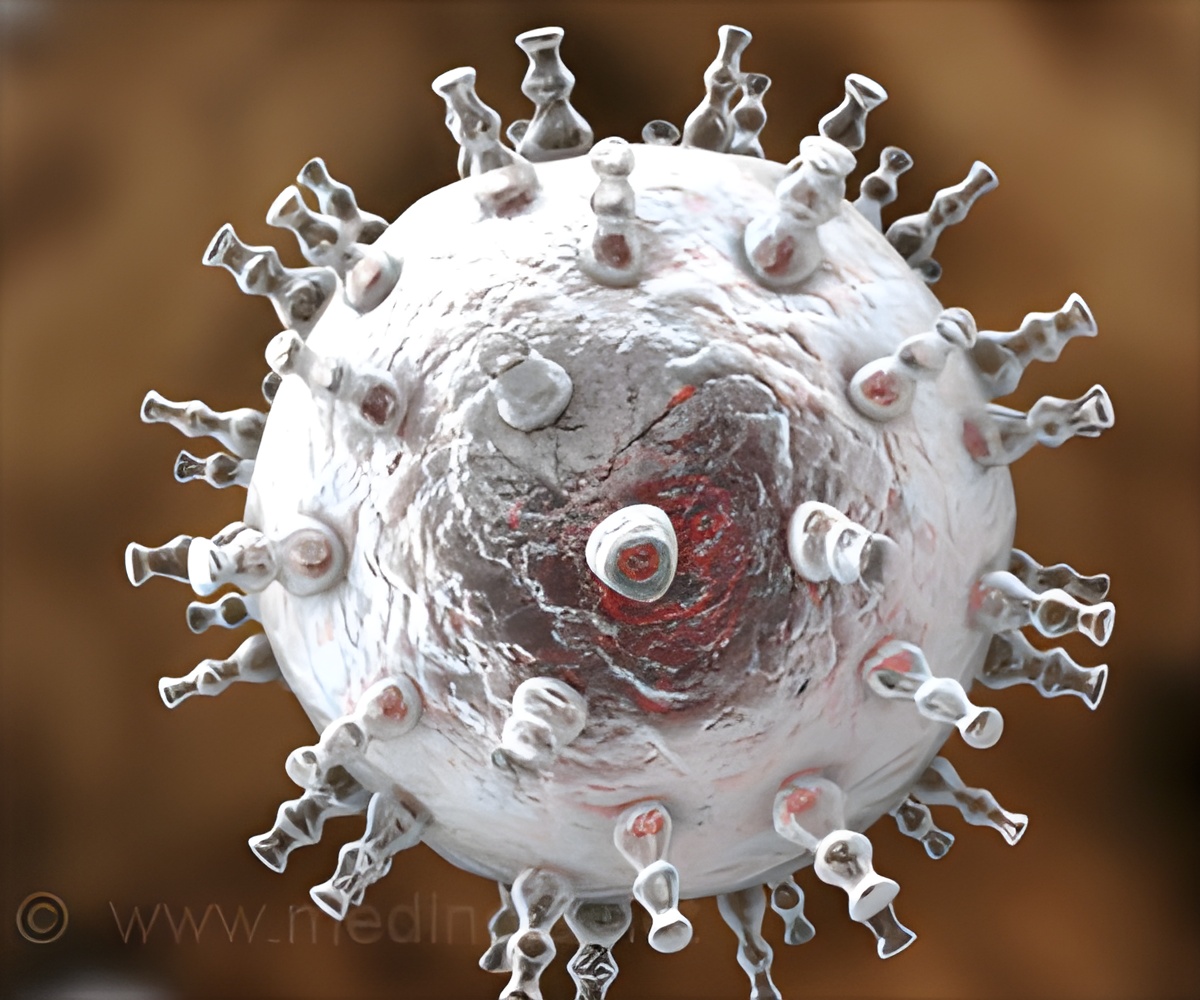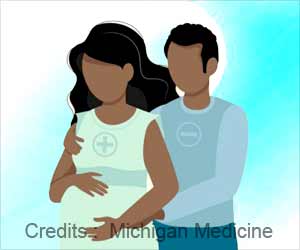A new study provides evidence regarding the long-term use of HIV drugs to protect people from COVID-19 infection.

‘People living with HIV do not appear to be at increased risk for serious COVID-19, possibly because of their use of Antiretroviral therapy.’





While they have not been shown to cure COVID-19 infections in the general population, their efficacy to prevent COVID-19 is unknown.To explore this further, researchers conducted a multicentre cohort study in six hospitals in Ile-de-France to assess the impact of long-term use of PI in patients with HIV on the incidence of COVID-19.
Between May 1, 2020, and May 31, 2021, they enrolled 169 people with HIV who were been treated with ART with PI, and 338 patients with HIV taking ART without PI. None of the participants had been previously been diagnosed with COVID-19, the average age was 50 years (48% female; 52% male).
Among participants being treated with PIs, over three-quarters were taking darunavir/ritonavir (131/169; 77%), around 8% were taking atazanavir/ritonavir (14/169), and the rest were treated with other PIs (24/169;14%). On average, they had been taking PIs for at least a year.
All patients had regular clinical assessments and screening for COVID-19 during the usual HIV follow-up (every 6 months). Modeling was performed to identify potential risk factors associated with COVID-19.
Advertisement
After adjusting for factors that are linked with increased risk of COVID-19 including gender, age, CD4 cell count, number of people living in the household, contact with a positive COVID-19 case.
Advertisement
Patients in both groups who had been in contact with COVID-19 in the 14 days before their consultation were twice as likely to test positive for COVID-19.
While those living in the same household with at least three other people were three times as likely to test positive; and those who had lost their sense of taste were six times as likely to be diagnosed with COVID-19.
More studies with a larger number of patients, and in randomized trials in people without HIV, are needed to confirm these preliminary results. The challenge will be to produce robust data in a limited period that may inspire new prevention or therapeutic strategies.
Source-Medindia















